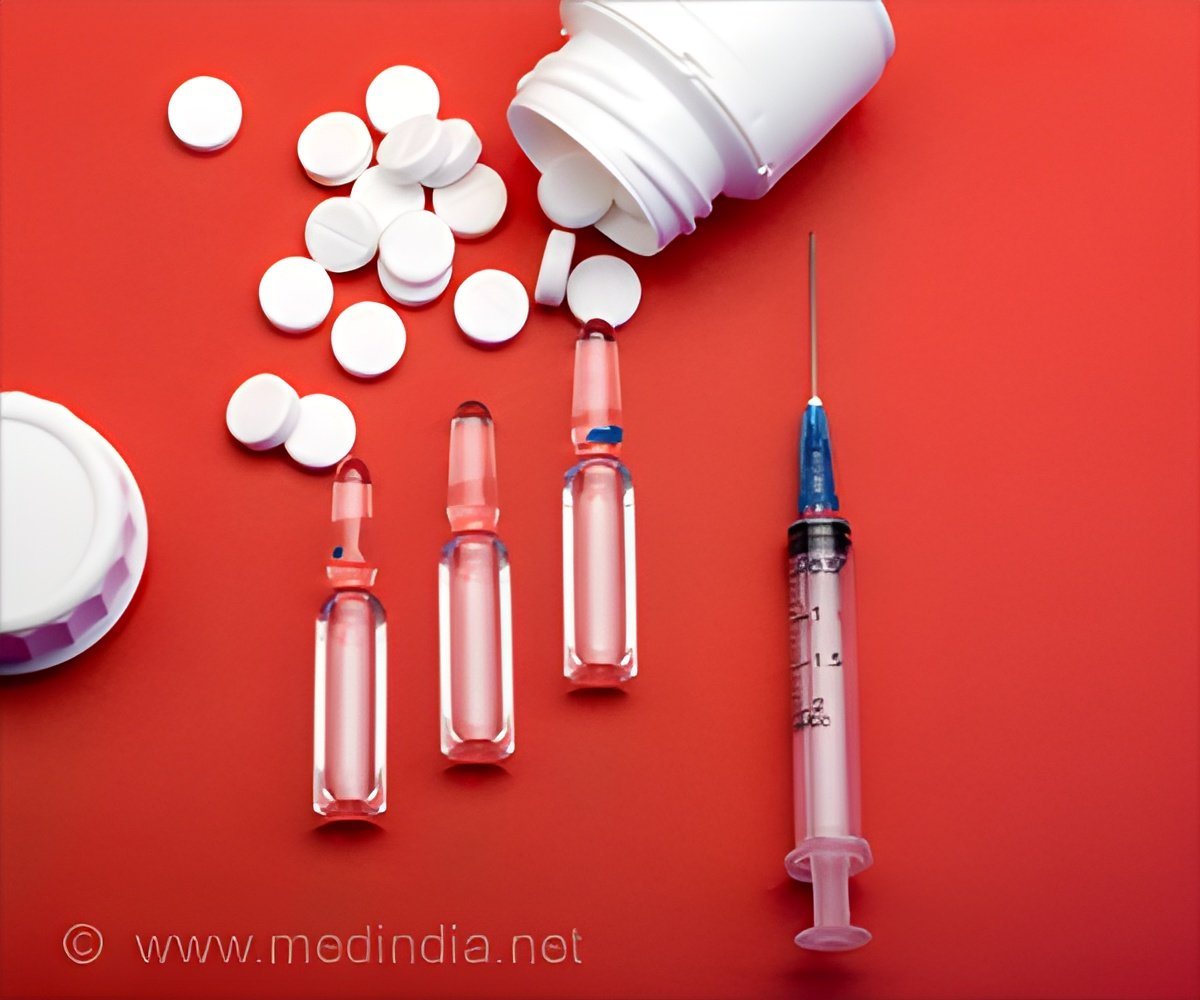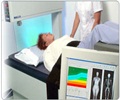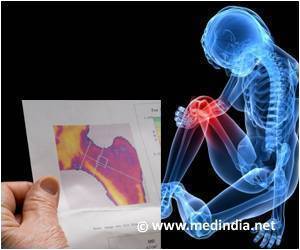Bisphosphonates may not protect women from breast cancer as had been thought, states new study.

But when researchers assessed the effect of two of the most widely used osteoporosis drugs – sold under the brand names, Fosamax and Reclast – in two large randomized clinical trials, neither drug protected women with osteoporosis from getting breast cancer. The results were published August 11, 2014, in JAMA Internal Medicine.
The researchers said the link found in the previous observational studies between taking the drugs and having a lower incidence of breast cancer may be due to a third factor, low estrogen.
Since having low estrogen both weakens bones and protects against most breast cancers, the women most likely to be prescribed drugs for osteoporosis are usually also at lower risk for breast cancer.
"They may have seen a lower risk of breast cancer in women using bisphosphonates in the earlier observational studies because those women had a lower risk of breast cancer to begin with," said Trisha Hue, PhD, lead author of the study.
"Post-menopausal women with osteoporosis usually have low estrogen levels," said Hue, an epidemiologist with the San Francisco Coordinating Center, a partnership between the CPMC Research Institute and the UCSF Department of Epidemiology & Biostatistics. "Lower levels of estrogen are strongly associated with a lower risk of breast cancer."
Advertisement
"Post-menopausal women should continue taking these drugs for the prevention of fractures, but they should not use bisphosphonates for the prevention of primary breast cancer," said Cummings, also a senior scientist at the CPMC Research Institute.
Advertisement
The Fracture Intervention Trial (FIT) randomly assigned 6,459 women from the United States aged 55 to 81 to alendronate or a placebo for an average follow up of 3.8 years; 1.8 percent of the women who received the drug developed breast cancer, while 1.5 percent of those given a placebo developed the disease.
The Health Outcomes and Reduced Incidence with Zoledronic Acid Once Yearly-Pivotal Fracture Trial (HORIZON-PFT) randomly assigned 7,765 women from the United States, Canada, Asia, Europe and South America aged 65 to 89 to annual intravenous zoledronic acid or a placebo for an average follow up of 2.8 years; .87 percent of women who received the drug developed breast cancer, while .77 percent of those given a placebo developed the disease.
Women in either study who had recurrent breast cancer or reported a history of breast cancer were excluded from the analysis.
Source-Eurekalert














